Depression is no joke. Which is ironic, given how many people mask it with humor, as the recent case of Robin Williams sadly demonstrates. I find it sadly amusing how many experts there are out there when it comes to dealing with the complex interplay between, society, psychology, and our internal biochemistry. Most of these experts are more than willing to share their homespun advice for the rest of us but the reality is that when it comes to helping someone who suffers from major depressive disorder, it’s rarely that simple. For example, try to avoid these common well-intentioned, yet potentially harmful pieces of wisdom:
1. Cheer up

This is not useful advice. It’s like telling a sick person to be healthy. If that were possible, they wouldn’t be sick in the first place. Also, you don’t know the reasons behind the depression. Someone once tried to encourage a client of mine to smile more, seeing only their downcast face and negative body language. What they didn’t realize is that this person’s child had just committed suicide. “Cheer up” is an imperative that no one has the right to issue.
2. You Just Need to Find a Hobby

You mean a hobby like flying remote control dragons?
To quote Andrew Solomon, in his eloquent and revealing TED talk on depression, “The opposite of depression is not happiness, it’s vitality.” While it’s true that having something of personal interest to occupy your time and thoughts is doubtlessly helpful in battling depression, depression renders the prospect of finding such an interest only a remote possibility. This is due to a host of biochemical processes happening in the brain, wherein activities don’t produce as much chemical reward as they usually do and are thus less rewarding or reinforcing. It’s not something that can be overcome with willpower. You either have to find an external way to increase those chemicals (either prescribed medication or self-medication), or wait for them to sort themselves out. This is a process that may take a great deal of time or it may actually not happen at all.
3. Stop Focusing on Yourself So Much
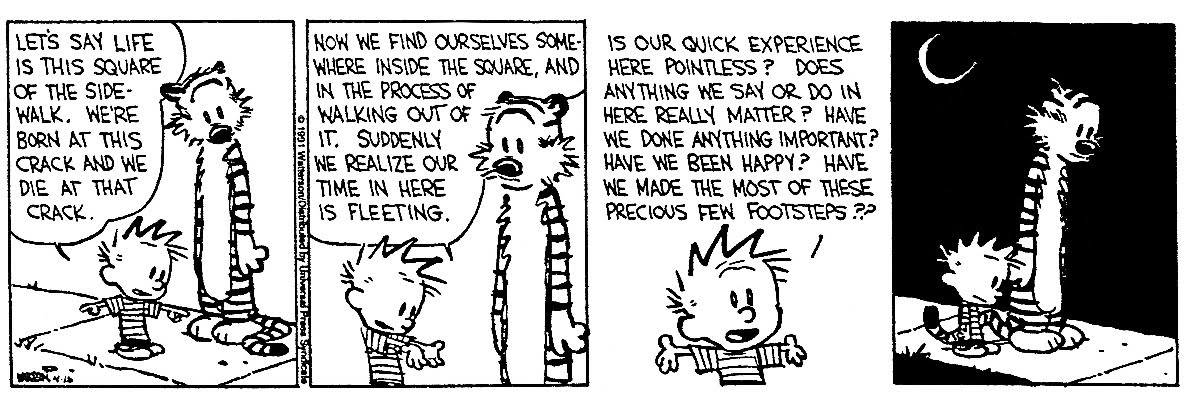
This useful advice fits into of the category of kicking someone while they’re down. I’m not talking about someone who is feeling a bit under the weather here. I’m talking about depression. The swirling negative existential thoughts that burden the depressed individual hardly seem like trivialities. What’s the point of all of this? Why am I here? Does any of it matter? These are not meaningless questions; they are some of the most important inquires that humanity has. Rather than ignore them, as most of the population does, perhaps exploring them is a more useful remedy. Existential angst is not something to be avoided but faced, head-on.
4. It Could Be Worse
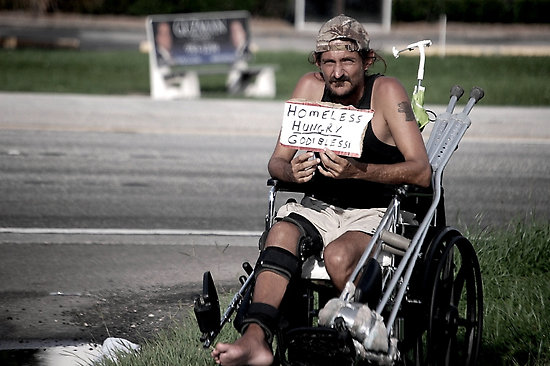
I suppose someone somewhere thinks this guy is pretty lucky
Of course it could. It could also be better. Have you ever heard that line, “I was sad that I had no shoes until I met a man with no feet”? Well, sometimes the next line is “Then I met a man with feet and shoes and a really nice house and then I felt like garbage again”. The fact iss that there’s always someone worse off and there’s always someone better off, so comparison with others is a useless tool. Not only that, but it carries the underlying message, “you are a whiner”. For someone who is drowning in negative self-talk, messages like this fit like concrete shoes.
5. Get over it

You feel what?!!!
If only. You are implying that the person is choosing to feel like this. Who would choose such a thing. I’m not talking about attention-seeking staged moroseness and morbidity. I’m talking about hopelessness, unprovoked crying, complete lack of physical energy, and emotional paralysis. This is not usually high on the list of people’s preferred states of being. Maybe “it” needs to be felt, not avoided.
6. Everybody Feels Like That Sometimes

This is not a typical experience.
No, no they don’t. Most people never feel like this. Very few people feel like this. Sure, they are an ironically vocal minority in this day and age but the reality is that the prevalance of major depressive disorders in the general population is only about 25%. That’s a far cry from everybody. Everyone feels sad or down from time to time, and some people feel more sad, more of the time. But relatively few people feel the soul-crippling weight of major depressive disorder at any point in their life. Again, the underlying message is, “dont’ be such a baby”.
7. Everything will be OK

It might be a train. Or the apocalypse.
It might not. It might get worse and then I will die. This is the depressed mind’s retort to this empty attempt at encouragement. The fact is that there isn’t always a light at the end of the tunnel. There isn’t always a happy ending. Sometimes the good guys finish last and the villain rides away with the girl (or guy). Saying everything will be ok without really exploring the fears and feelings of the person in front of you is as useful as telling them that you are going to give them $10,000 to cheer them up. Unless you have the cash on hand and plan to deliver it, it’s an empty promise.
8. We love you

I know this sounds weird. Surely someone who is feeling low and hopeless must need to feel that they are loved? What harm can come from assuring someone that you love them? Well, this is where the twisted filter of depression takes over. When someone expresses love to the depressed person, it can twist like a knife, reminding them of how undeserving they are of that love. Other ways the depressed brain can deform expressions of love include, “that’s because you don’t really know me” or “that’s because you feel sorry for me” or “look at what a baby I am. I need people to love me. That’s so pathetic.” Hey, nobody ever said depression was nice to listen to. These are the thoughts that can accompany this state. While it is ultimately true that depressed people may need to feel loved, what they need first is to be heard. Reassurance without listening falls on deaf ears, ironically enough.
9. You Have So Much Potential

This is another attempt at encouragement that can backfire in a hurry. The depressed person doesn’t hear this as a hopeful vision of the future, but as a reminder of the bleakness of their current state. Potential is something that is yet unrealized. The depressed brain twists this into a feeling that such potential will never be realized, that people have unrealistically high expectations of them, that people don’t really know them very well, and that they are currently underachieving. Of course, this isn’t usually what the intended message is, but it’s often the one that is communicated.
10. Stop making excuses
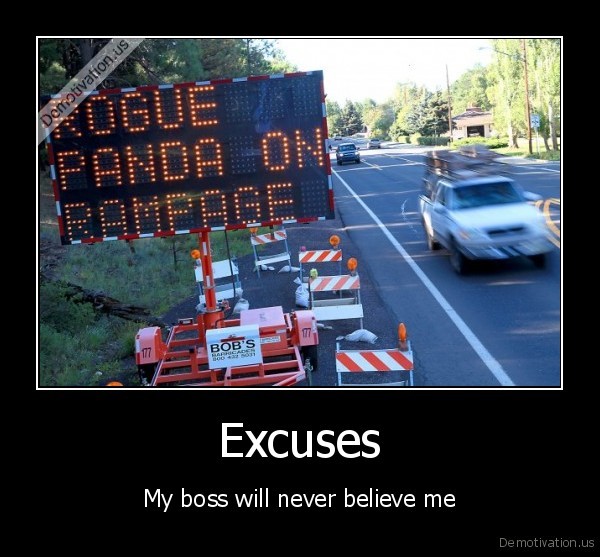 Let’s get this straight. Saying that I have a bad temper or feel bad about myself because of my history of abandonment and child abuse is an explanation. It is a perfectly reasonable and scientifically sound explanation. However, when I hide behind this explanation and allow it to remove my will to work toward changing my future, it can become an excuse. Certainly, this is the case for some people. However, let’s not use this as the default jumping-off point. Most people have a difficult time accepting that the past affects the present to begin with, let alone hiding behind it. When someone is finally accepting of the relationship between past crashes and current damage, don’t rub out the spark by calling it an excuse.
Let’s get this straight. Saying that I have a bad temper or feel bad about myself because of my history of abandonment and child abuse is an explanation. It is a perfectly reasonable and scientifically sound explanation. However, when I hide behind this explanation and allow it to remove my will to work toward changing my future, it can become an excuse. Certainly, this is the case for some people. However, let’s not use this as the default jumping-off point. Most people have a difficult time accepting that the past affects the present to begin with, let alone hiding behind it. When someone is finally accepting of the relationship between past crashes and current damage, don’t rub out the spark by calling it an excuse.
I don’t pretend to speak for all depressed people. I’m just one person. However, as a Registered Clinical Counsellor and a person who has played emotional ping-pong for many years, I know that my thoughts and sentiments on the subject are not entirely mine alone.

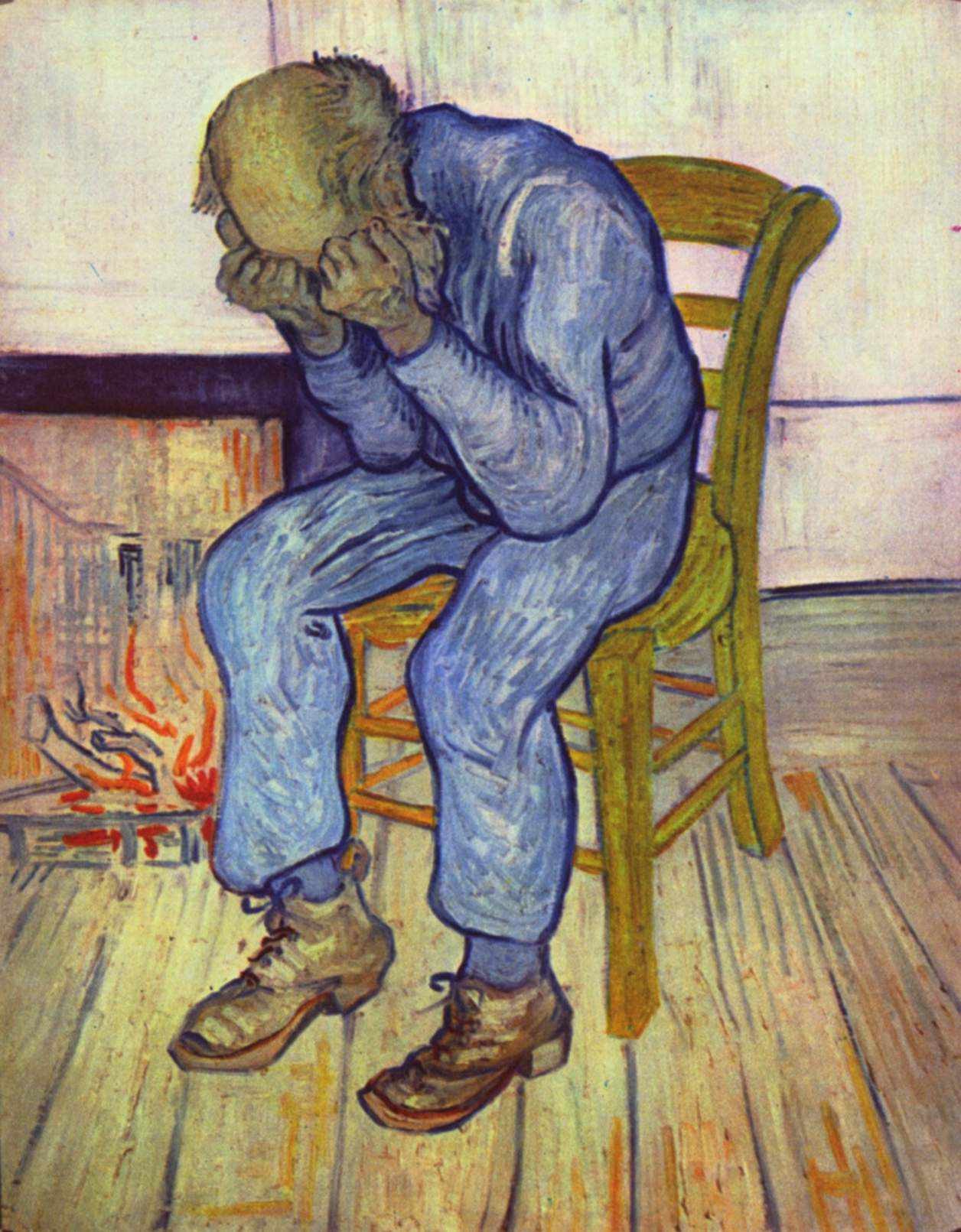
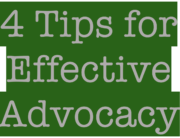














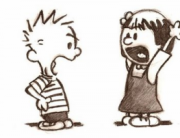























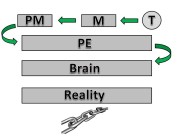









Recent Comments